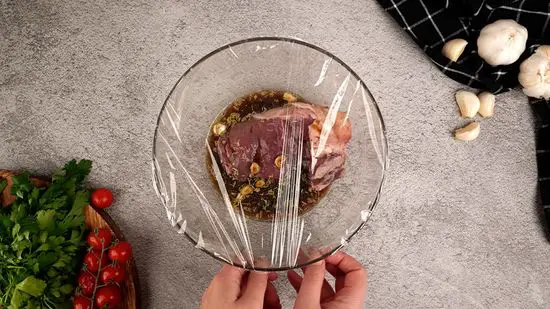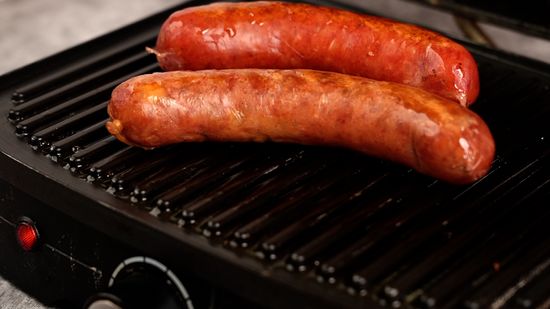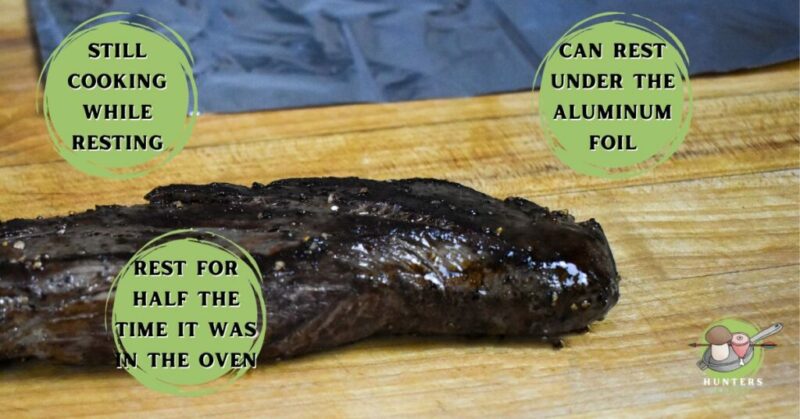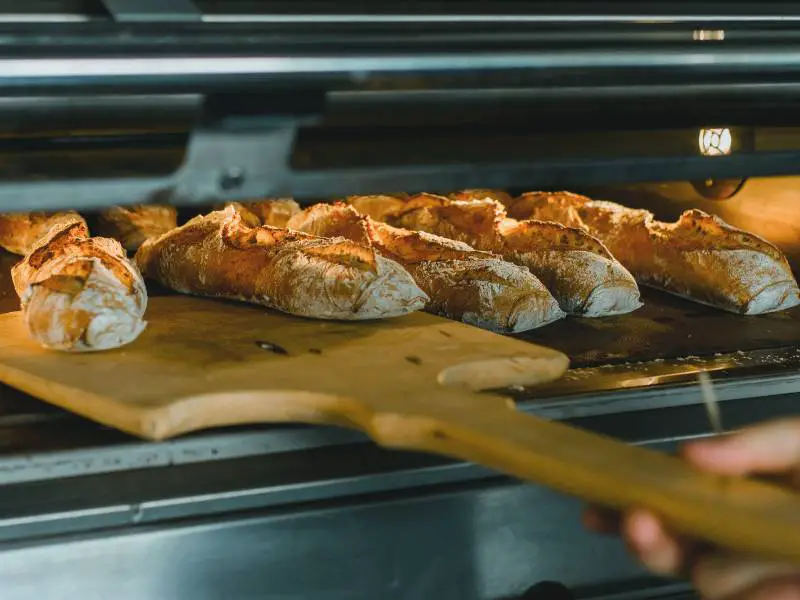How to Cook Marinated Meat without Burning It: The Ultimate Guide
Are you tired of making the same mistakes every time you cook marinated meat? Do you always seem to end up with burnt, tough, and dry meat that lacks flavor despite all your effort? Worry no more, because we have got you covered! This guide will teach you how to cook marinated meat without burning it. You’ll learn how to select the right cut of meat, properly marinate it, use the right cooking technique, and more. So let’s get started!
Understanding Marinated Meat
Marinating involves soaking meat in a mixture of liquid and seasonings before cooking. The marinade can be made from a variety of ingredients such as vinegar, oil, citrus juice, wine, soy sauce, spices, herbs, and sugar. The purpose of marinating is to enhance the flavor of the meat by infusing it with the flavors of the marinade. It also helps tenderize tougher cuts of meat by breaking down its fibers.
To properly marinate your meat, make sure to choose a non-reactive container such as a glass or plastic dish. Avoid using aluminum or copper containers as they may react with acidic marinades. Additionally, make sure that the meat is fully submerged in the marinade and allow it to rest in the refrigerator for at least 30 minutes up to overnight.
Factors that Contribute to Burning Marinated Meat
Burning and charring meat while cooking it can occur due to a variety of factors. One major factor is overcooking or using high heat, which can cause the sugars in the marinade to caramelize and burn quickly. Another factor is using a grill or pan that is insufficiently preheated or not oiled properly.
To avoid burning your marinated meat, it is important to monitor the cooking temperature closely and avoid using excessively high heat. Also, make sure to brush the meat with a thin layer of oil before cooking to prevent it from sticking to the grill or pan.
Preparation Techniques for Cooking Marinated Meat
There are several different techniques you can use to cook marinated meat, all depending on your tastes, preferences, and available equipment. Some popular preparation techniques include broiling, baking, grilling, frying, and braising.
When selecting a technique, consider the type of meat being cooked. For example, chicken or pork may be better suited for grilling or broiling while beef or lamb may be better suited for braising. Additionally, consider the type of marinade used as some marinades contain sugar which can cause the meat to burn quickly when grilled.
Tips on How to Keep Marinated Meat Juicy and Tender
Overcooking marinated meat can lead to dryness and toughness. To keep your marinated meat juicy and tender, it is important not to overcook it. Use an instant-read thermometer to ensure that the internal temperature of the meat has reached a safe level without overcooking it.
Another way to keep your marinated meat juicy is by letting it rest for at least five minutes after removing it from the heat source. This allows the juices to distribute evenly throughout the meat.
Proper Use of Cooking Utensils
Selecting the right utensils for cooking marinated meat can make a significant difference in its overall quality. When grilling or broiling meat, use a thick wire mesh or a grill basket to prevent it from falling through the cracks of the grill or smoker. If using a pan or skillet, choose one made of cast iron or stainless steel for even heat distribution.
Additionally, always use tongs instead of a fork when turning or flipping meat. Using a fork can pierce the meat, causing the juices to escape.
Cooking Time Management
The cooking time for marinated meats varies depending on the type of meat, size, and cooking method. Chicken thighs or pork chops may take around 12-15 minutes to cook while thicker cuts like beef tenderloin may take anywhere from 25-30 minutes.
When cooking marinated meat, it is important to keep a close eye on it and monitor its progress using an instant-read thermometer. Meat should be turned at least once during cooking to allow it to cook evenly.
Best Temperatures when Cooking
To achieve the desired level of doneness, it is essential to know the recommended internal temperatures for different types of meat. Meat cooked with different methods can differ in temperature requirements for safe consumption. For example, a medium-rare steak should reach an internal temperature of 130°F when removed from a hot oven or grill and rested.
Using a thermometer can help you determine the correct internal temperature for your specific cut of meat and preferred doneness level.
Serving and Storing Marinated Meat
After your marinated meat has finished cooking, it is important to properly serve and store it for maximum enjoyment. Let your meat rest for five minutes after you remove it from the heat source before serving. This gives the juices time to redistribute throughout the meat. Then serve with your preferred accompaniments like rice, vegetables, sauces or puree-based dishes as palm potatoes.
Any leftovers should be stored in an airtight container in the refrigerator for up to three days. Be sure to reheat properly so that they retain their flavor, texture, and nutritional value.
Common Mistakes to Avoid When Cooking Marinated Meat
To ensure that your marinated meat turns out great every time, here are some common mistakes you should try to avoid:
- Overcooking or using high heat
- Not sufficiently preheating the grill or pan
- Not properly oiling the meat before cooking
- Piercing the meat with a fork while flipping
- Not allowing the meat to rest after cooking
- Reusing marinade that has come into contact with raw meat
Conclusion
Cooking marinated meat can be a challenge, but by following the tips outlined above, you’ll be able to achieve juicy, flavorful, and tender results every time. Remember to select the right cuts of meat, properly marinate them, choose the right cooking technique for your needs, and monitor the temperature closely. By avoiding common mistakes and using best practices for each step in the process, cooking delicious marinated meats will become second nature to you. So go ahead and try out these tips in your kitchen today!
Frequently Asked Questions
Can I cook marinated meat in a non-stick pan?
Yes, you can cook marinated meat in a non-stick pan as long as you use silicone or wooden utensils to prevent scratching the surface. The non-stick coating also ensures that the meat doesn’t stick and burn.
What temperature should I set my oven when baking marinated meat?
It’s best to bake marinated meat at a temperature of 375°F to 400°F. This ensures that the meat is cooked through without burning the marinade.
How do I prevent marinated meat from burning on the grill?
To prevent marinated meat from burning on the grill, preheat your grill to medium-high heat and oil the grates to prevent sticking. You can also brush the marinade onto the meat during grilling rather than letting it sit on the surface.
What’s the best way to cook marinated meat without it sticking to the pan?
The best way to cook marinated meat without it sticking to the pan is to pat it dry before cooking and let it come to room temperature. Use a medium-high heat setting and heat a small amount of oil in your pan before adding the meat. Also, refrain from moving it too much while cooking as this can cause sticking.






